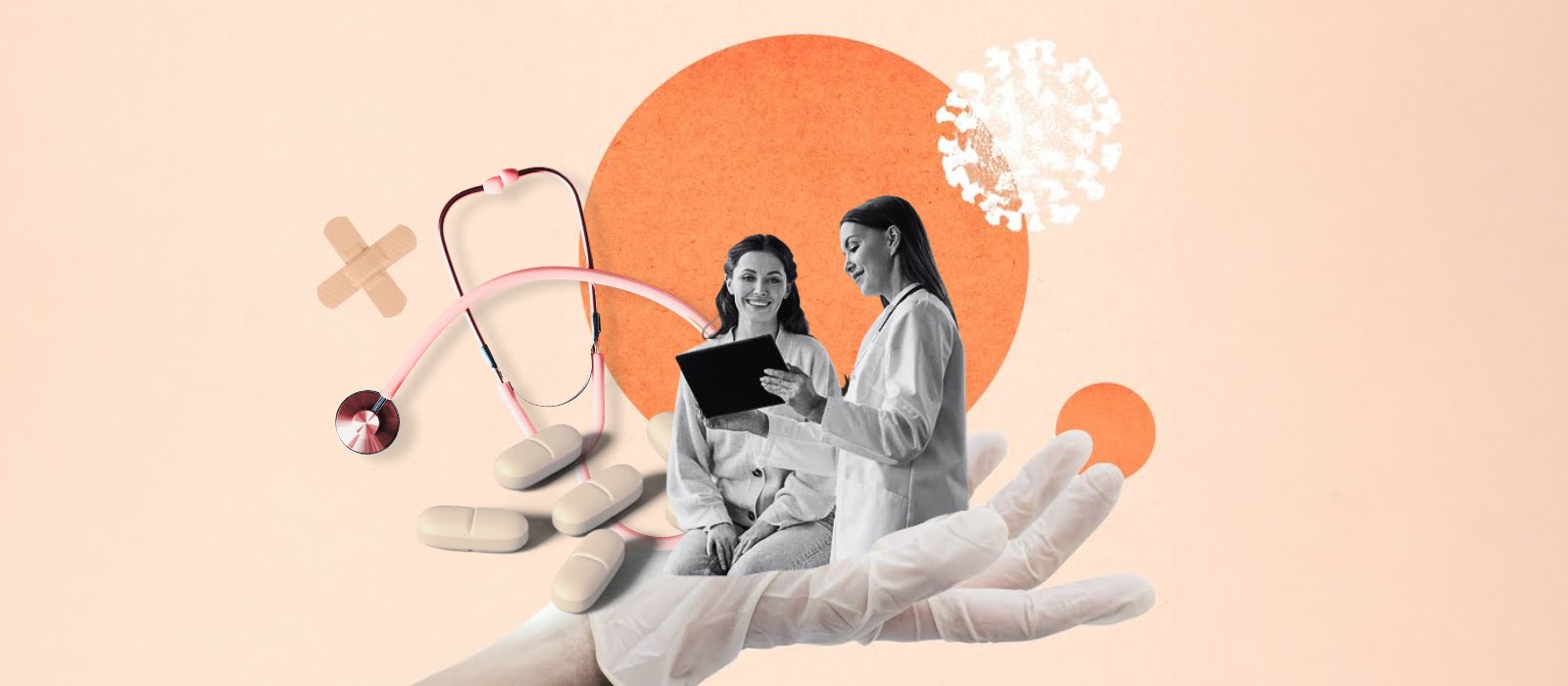Ask the Doctor: ‘I think I may have bunions — how can I know for sure, and is it genetic?’
All your burning health questions answered by the professionals.
“I’m worried about my foot health and think I may have bunions. How can I know for sure, and is it genetic?”

Answer from Mr Shane O’Neill, a fellowship trained Consultant Orthopaedic Foot and Ankle Surgeon who specialises in the management of bunions and associated pathology at the Mater Private Network Day Hospital
If you’re concerned about your foot health and suspect you may have bunions, it’s important to understand what they are, how to identify them, and where to seek guidance if they are causing you discomfort.
Bunions, clinically known as Hallux Valgus, are a common foot condition characterised by a bony bump that forms at the base of your big toe. This condition is caused by a structural weakness within the foot, causing bones in the front part of the foot to shift out of place. This shift pulls the tip of the big toe towards the smaller toes, forcing the joint at the base to protrude.
While the appearance of bunions can be bothersome, many people don’t suffer any symptoms from the condition. However, as bunions progress, the implications extend beyond aesthetics.
For some individuals, bunions can cause significant pain and discomfort, impacting their ability to engage in everyday activities and, consequently, affecting their overall quality of life. As a result, addressing bunions is not merely about improving foot appearance (we often recommend if your bunion is not causing you any discomfort that you leave it be!) but also about alleviating pain and preventing further complications.
The primary risk factors for developing bunions unfortunately are not things we can change; this includes being female and having a family history of the condition. Women are disproportionately affected, being approximately nine times more likely to develop bunions than men. When asked, we’ve also found that there is usually a strong maternal history, indicating a genetic predisposition. As a result, prevention strategies are limited. However, steps can be taken to manage pain and improve the quality of life for those affected.
It’s important to note, there is a common misconception that wearing ill-fitting shoes or high heels can bring about bunions. To the relief of many readers, this is not correct. However, wearing high heels can exacerbate existing bunion symptoms leading to increased pain and discomfort.
When it comes to managing bunion symptoms and ongoing pain, our initial advice as clinicians should always be to start with conservative treatments. By that I mean putting external treatment options in place to help mitigate pain and improve overall mobility.
These treatments include over-the-counter pain relief, footwear modifications, and inserts such as toe spacers.
Only after these methods have been tried and found wanting should surgical options be considered. Conservative treatments can often alleviate pain and improve functionality, delaying or even eliminating the need for surgery, but there is no miracle cure for bunions.
Recently, various “cures” and viral treatments for bunions have emerged online. It’s crucial to be cautious with these, as many lack scientific backing. For example, there is no evidence that bunion creams provide long-term pain relief, and they certainly cannot correct the underlying deformity that bunions bring about.
If you are experiencing bunion pain, your first step should be to consult your general practitioner (GP) or a physiotherapist. They can refer you to an appropriate specialist based on the severity of your condition. As a Consultant Orthopaedic Foot and Ankle surgeon, my team and I at Mater Private Network provide professional assessments and evidence-based treatment for various stages of bunion severity. Our Rapid Access Clinic also offers comprehensive, one-stop management for the diagnosis and treatment of foot pathologies, helping patients determine the most suitable treatment path for them, whether that be conservative or surgical.
If patients fail conservative treatment and surgery is required, modern enhanced surgical techniques and technologies have led to less pain post-surgery, higher patient satisfaction, and reduced recovery times.
Taking the right steps towards managing your bunions can greatly improve your foot health and overall quality of life. For more information on bunion treatment options and to seek advice from a trained specialist, visit materprivate.ie.
Have a question for the professionals you’d like answered? Get in touch with sarah.gill@image.ie with the subject headline ‘Ask The Doctor’.



















